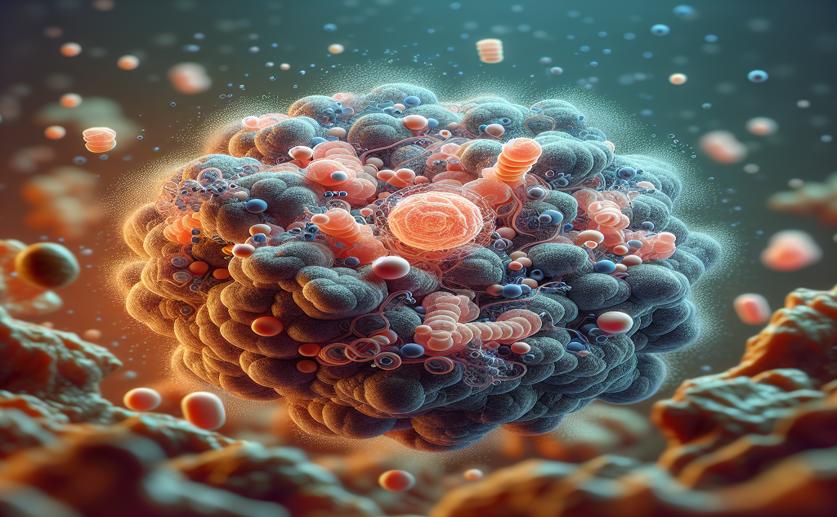
LH Hormone in IVF: Tackling Ignored Issues and Politics
Phil Stevens
24th January, 2024

Image Source: Natural Science News, 2024
References
Main Study
1) LH supplementation in IVF: human nature, politics, and elephants in the room.
Published 22nd January, 2024
https://doi.org/10.1007/s10815-024-03033-9



 18th January, 2024 | David Palenski
18th January, 2024 | David Palenski